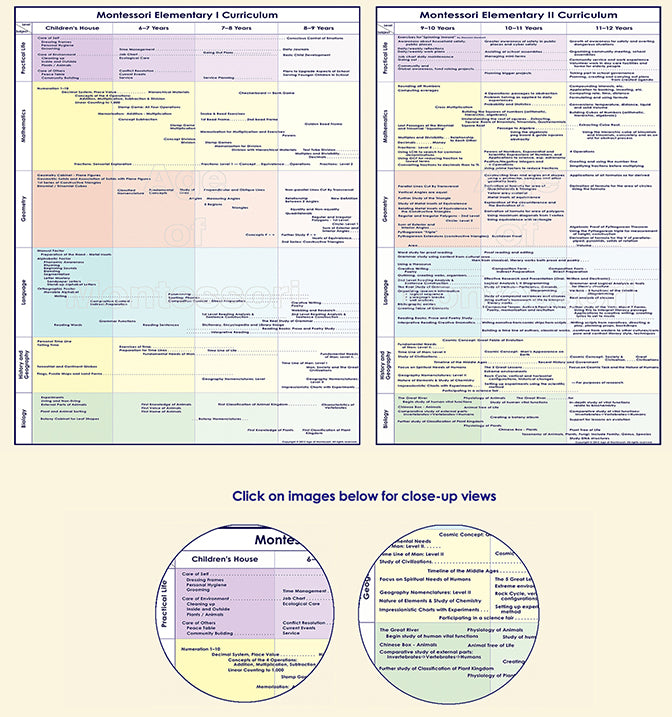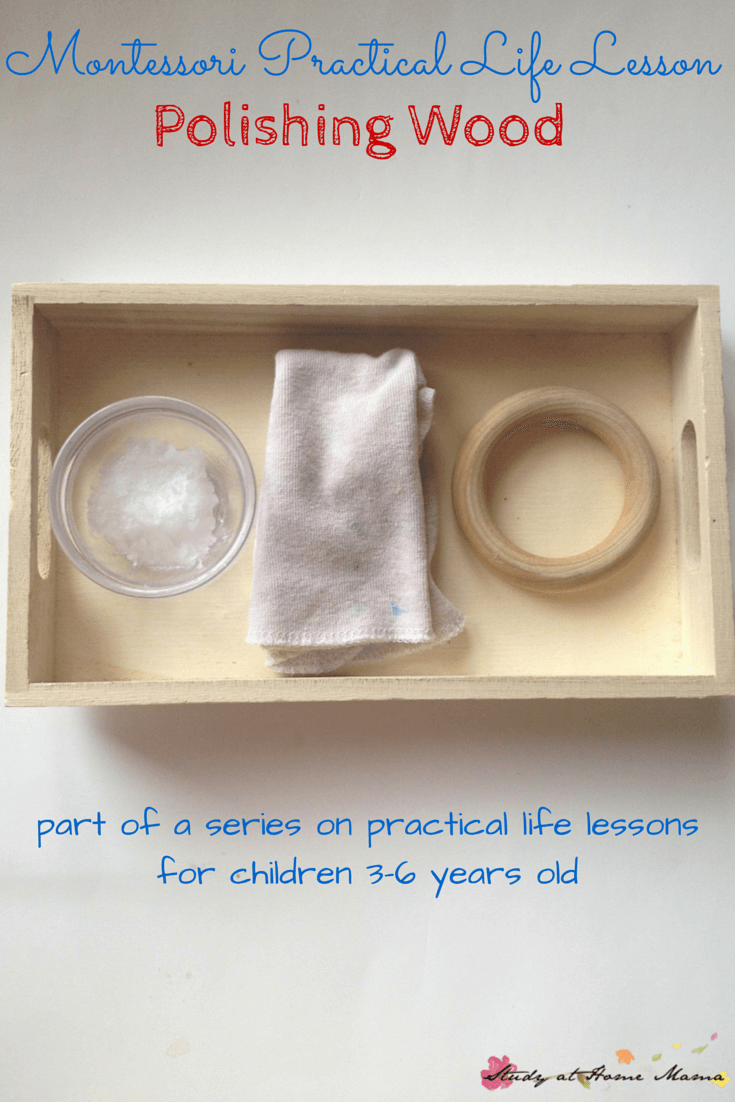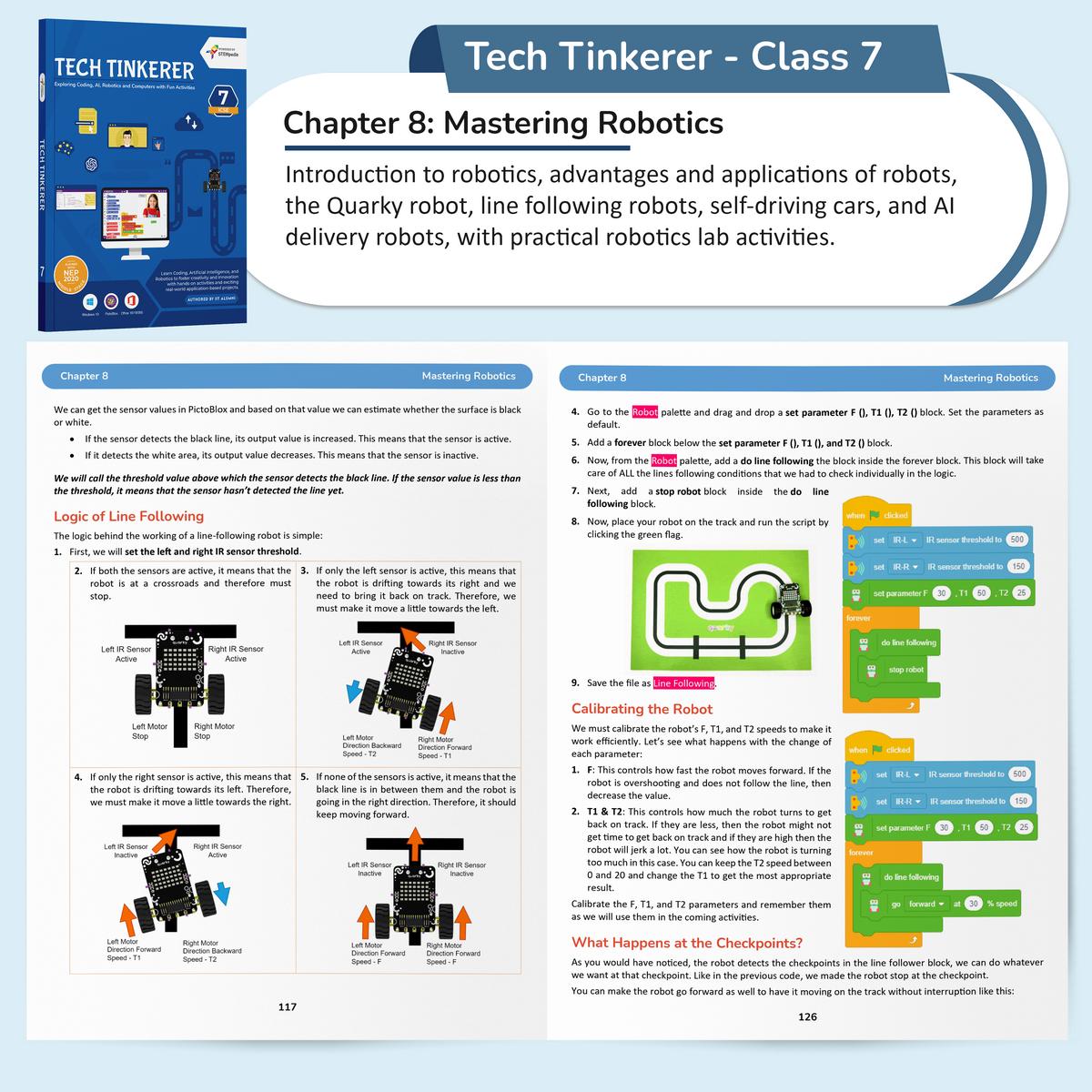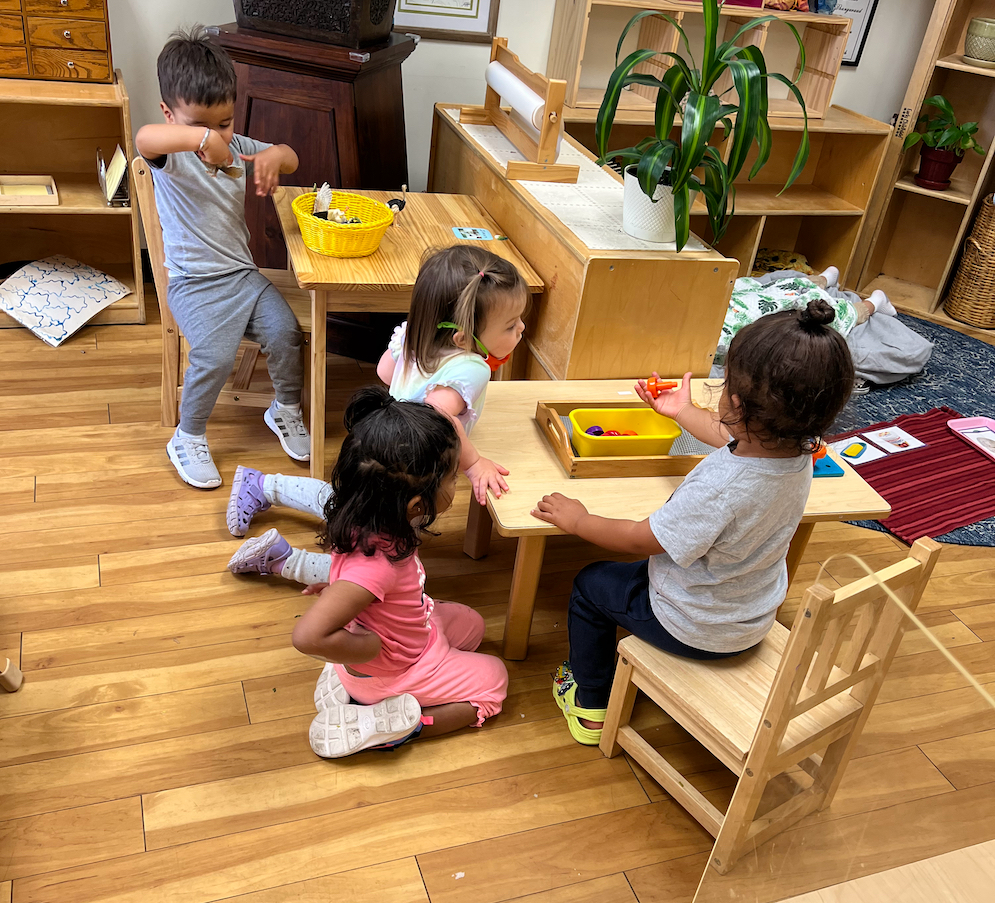
Exploring Montessori Elementary: Holistic Learning Paths
Montessori elementary education is a continuation of the holistic approach initiated in the early years. The elementary curriculum is designed to build upon the foundation laid during the primary years, fostering a love for learning, critical thinking skills, and a deep sense of community. Let’s delve into the key aspects that make the Montessori elementary curriculum a unique and enriching educational experience.
Building on Montessori Foundations
The elementary years in Montessori education extend from ages six to twelve, encompassing what Dr. Maria Montessori referred to as the “second plane of development.” This phase builds on the foundations laid in the primary years, continuing to nurture the child’s natural curiosity and self-directed exploration. The Montessori elementary curriculum acknowledges the child’s developing ability for abstract thought and a growing interest in social connections.
Integrated and Interdisciplinary Approach
One hallmark of the Montessori elementary curriculum is its integrated and interdisciplinary approach. Rather than segregating subjects, learning is presented in a holistic manner, allowing children to see the connections between various disciplines. Subjects are interconnected, offering a comprehensive understanding of topics that transcends traditional compartmentalization.
Key Components of the Montessori Elementary Curriculum
The Montessori elementary curriculum encompasses a broad range of subjects, including language arts, mathematics, science, history, geography, and cultural studies. Each subject is presented in a way that captures the child’s imagination and encourages independent exploration. The materials used are designed to be engaging, challenging, and relevant to the child’s developmental stage.
Individualized Learning Paths
One of the strengths of the Montessori elementary curriculum is its emphasis on individualized learning paths. Recognizing that children progress at different rates and have varied interests, the curriculum allows each child to work at their own pace. This approach ensures that children not only master concepts thoroughly but also develop a sense of autonomy and responsibility for their education.
Cultivating Critical Thinking and Problem-Solving Skills
The Montessori elementary curriculum places a strong emphasis on cultivating critical thinking and problem-solving skills. Lessons are designed to spark curiosity and encourage children to ask questions, explore possibilities, and make connections between different concepts. This approach fosters a love for learning and equips children with essential skills for lifelong success.
Emphasis on Cosmic Education
Central to the Montessori elementary curriculum is the concept of cosmic education. This approach aims to instill in children a sense of connection to the universe, the Earth, and all living things. Lessons often explore the interdependence of life and the interconnectedness of various elements, fostering a deep appreciation for the world and a sense of responsibility as global citizens.
Role of the Montessori Elementary Teacher
In the Montessori elementary classroom, the teacher takes on the role of a guide and facilitator rather than a traditional instructor. The teacher observes each child’s progress, tailoring lessons to individual needs, and offering guidance when necessary. This approach promotes a collaborative relationship between the teacher and the students, fostering a supportive and dynamic learning environment.
Integration of Outdoor and Experiential Learning
The Montessori elementary curriculum often integrates outdoor and experiential learning. Field trips, nature exploration, and hands-on experiences complement classroom lessons, providing children with a well-rounded and immersive educational experience. These real-world encounters deepen their understanding and appreciation of the subjects they study.
Transition to Upper Elementary: Ages Nine to Twelve
Within the Montessori elementary curriculum, the upper elementary phase, spanning ages nine to twelve, marks a crucial transition. During this period, children move from the concrete to the abstract, delving deeper into complex concepts. The curriculum continues to evolve, preparing students for the challenges of the later elementary years and beyond.
Montessori Elementary Curriculum at igaseng.com
Discover the transformative journey of Montessori elementary education at www.igaseng.com. Explore the unique features of the curriculum, witness the integration of subjects, and understand how the Montessori approach fosters a lifelong love for learning. Immerse your child in an educational experience that values individuality, critical thinking, and a holistic view of the world.




